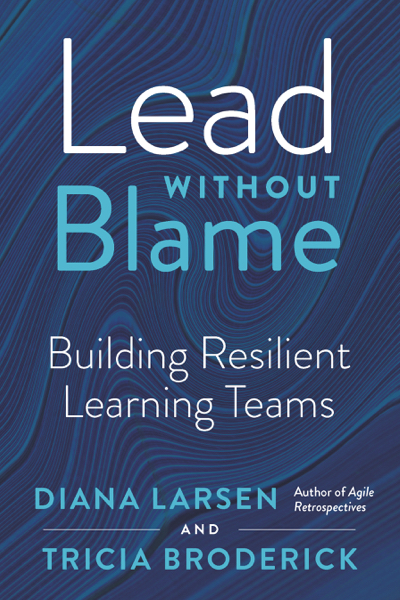There are many different articles and a range of ratios for how much positive impact versus negative impact should a person have to healthy live life.
- World renowned researcher Dr. Barbara Fredrickson gives you the lab-tested tools necessary to create a healthier, more vibrant, and flourishing life. She discovered that experiencing positive emotions in a 3-to-l ratio with negative ones leads people to a tipping point beyond which they naturally become more resilient to adversity and effortlessly achieve what they once could only imagine.
- World renowned psychological researcher and clinician who did extensive work over four decades on divorce prediction and marital stability. The difference between happy and unhappy couples is the balance between positive and negative interactions during conflict. That “magic ratio” is 5 to 1. This means that for every negative interaction during conflict, a stable and happy marriage has five (or more) positive interactions.
- There is also articles even going further with a 6 to 1 in the workplace: https://medium.com/@Praiseworthy/harvard-research-finds-employees-need-a-6-1-positive-feedback-ratio-to-perform-their-best-8f14160a8fbd
What’s is clear that it is not 1-1.
Recently, I’ve come to realize that I may have been taking this concept for granted a little too much. As a leader, I’m incredibly focused on helping people grow and challenge themselves. However, I am also extremely dedicated to achieving this through supportive means, so frequently, I am giving compliments and positive comments. Now I wonder how many times I gave feedback and the timing was all wrong. Let me explain…
Today, my role consists very much of constantly meeting new people and helping in a variety of ways. Sometimes this is done through training (conference session, multiple day course, etc), though discussions (regularly with certain clients, informal with colleagues, etc), through small working groups (board of directors, conference organization, etc). This means that the ratios I receive can get extremely out of whack. One week, I might get overwhelmed with positive compliments on the leadership course, the next week I have no interaction with colleagues and the third week I am hearing constructive feedback on things to do better in this working meeting. Unfortunately, my high several weeks ago is not still with me so I find myself getting pretty defensive and demoralized over a rather small constructive suggestion. Only then I get mad at myself for reacting against what I believe in terms of continuous growth, which only sours my mood more.
I haven’t found in this traveling lifestyle my magic balanced ratio. And honestly, I’m not sure that finding it is possible; so I needed to find alternatives in dealing when my ratio is not even 3-1.
- Being transparent. Some people have an established relationship of giving and receiving feedback with me. They have no idea if I’m feeling off and need more support unless I express my needs. Chances are they think all of the positive stuff too and just are quickly telling me the one small thing – but I may need to hear the other things in order to digest the small one. This is challenging for me because it feels like demanding praise but trying to correct a bad reaction is way more challenging.
- Setting boundaries. I forget who taught/shared this with me but they always ask “may I give you feedback?”. At the time, I thought, who wouldn’t want feedback and wouldn’t this just make them more anxious. I am eating my words. Right now, if someone asked me this, my response would be “I typically love feedback but am a little fragile right now. Is this something that is extremely important and time sensitive?”
- Make a choice. Sometimes I can choose to not accept or entertain the feedback at that time. Your point is heard. Your point is maybe even valid. Your point is not my problem right now. I’m not ready to act on this feedback right now and that’s ok.
So for those that I gave feedback when you needed something else, I’m sorry. I don’t regret the feedback, I regret not considering the ratio to help you best – which was always my goal.
Do you consider the positive to negative ratio while leading?





Tricia, I just attended your keynote down at the Agile + DevOps conference in Orlando. It resonated deeply with me! I can’t imagine you getting negative feedback. If you do though, please realize that your words have sparked a change in me. I went hunting for an article just like the one above so I could share it with our organization. Thank you so much for this!
Thank you so much for taking the time to share this with me. Speaking this past week was an absolute honor and I’m grateful to have made a difference.
Have a wonderful day!